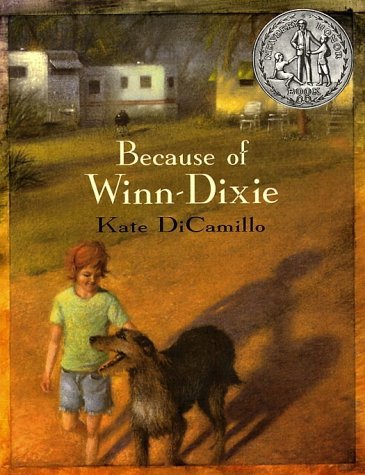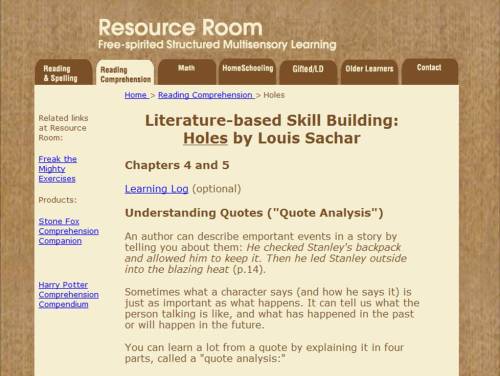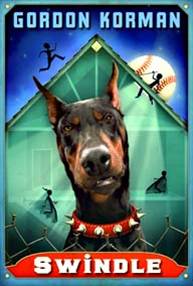For a novel to be compelling now and memorable later, it most work at a thematic level. That is, it must address a universal concept to which students can relate. Is the book about a dog that pulls a sled? No; it is about Determination, and Loyalty, and Overcoming Challenges. Those are ideas to which students can relate. Is it simply a tale about a pig and a spider? No; it’s a story of Compassion, and Sacrifice, and Identity.
In order to make literature meaningful, teachers must find a way to help students connect it to their own lives. Universal Themes and their accompanying Guiding Questions are one way of doing this. Regardless of the novel you choose and its innate merits, you must ask yourself, “What makes this story accessible to everyone? For the kid who couldn’t care less about spiders and pigs, what does this story say to him about experiences which we all share in common?” That’s getting to the theme, or the universality, of the novel.
Houghton Mifflin has an excellent article on Thematic Instruction which lists several major advantages to using themes. One that I feel is especially important is theme’s ability to build connections and relationships:
Thematic organization helps to account for the concepts of schema theory and prior knowledge. By having related, focused literature, students are able to build connections and relationships about a given theme, which is how one develops prior knowledge and uses it to construct meaning (Anderson & Pearson, 1984).
But which comes first: the novel or the theme? That’s entirely up to you. Many teachers have strong allegiances to certain novels, so they let the novel “lead” the curriculum. Other teachers prefer to select several themes for the year (often one per marking period) and then build a collection of novels, picture books (aka Mentor Texts, Wisdom Books), poetry, drama, and accompanying activities around that theme.
Another consideration is how far a theme will extend into other curriculum areas. This is where Universal Themes (Balance, Change, Patterns) prove to be somewhat more authentic than Topics (Spiders, Autumn, Tall Tales). Themes more naturally tie disciplines together.
If you’re crazy for a topic such as penguins, ask yourself, “What is it about penguins that gives them universal appeal? Why would anyone care to learn about them?”
Penguins live in cooperatively in groups, so community, relationships, and collaboration could be themes; the role of the penguins in relationship to their polar neighbors introduces the themes of cycles, survival, and balance; and their very unique bodies and behaviors can relate to themes of adaptation, identity, and uniqueness.
Consider the theme of Identity, which was selected from many possible themes related to the novel Because of Winn-Dixie. This penguin-free chart illustrates how the universal theme of Identity can easily be incorporated into the four major subject areas. I also suggest you download my famous Universal Themes list. While not meant to be exhaustive, this list provides dozens of possible themes for your consideration. Have more to add? I’d love to hear from you! Leave a comment or drop me a line.





